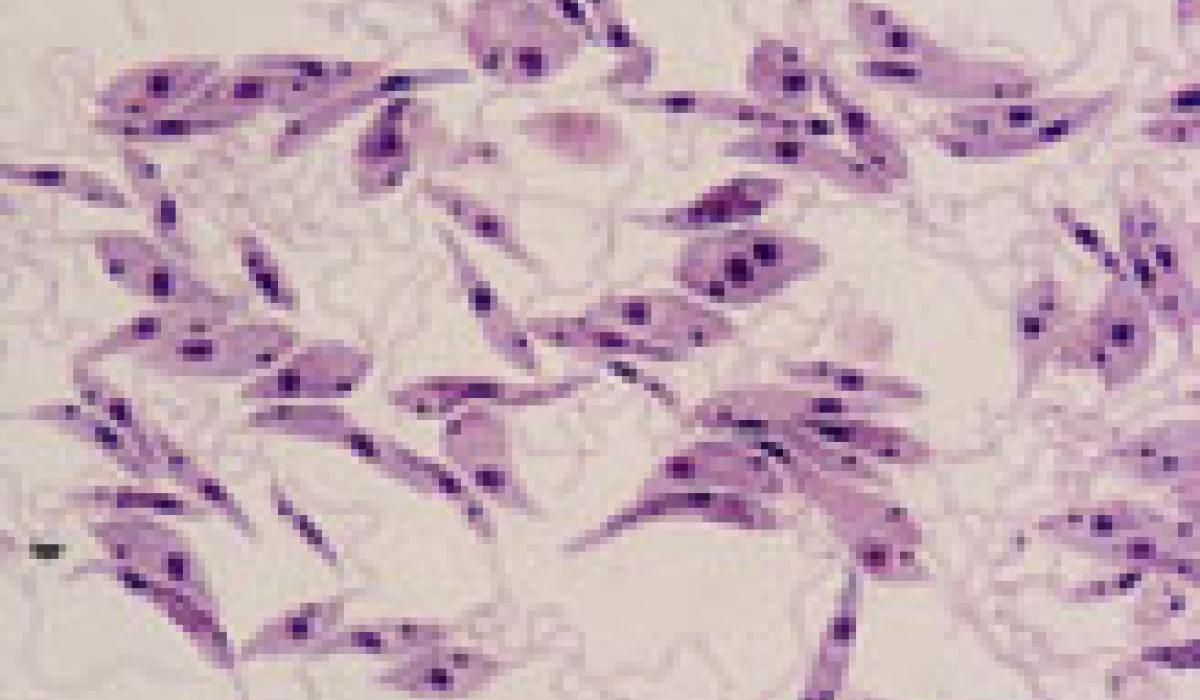
Nicoletta Basilico
Department of Biomedical Sciences, University of Milan
Neglected Tropical Diseases (NTDs) are a group of infection diseases, common in tropical and subtropical countries, caused by viruses, bacteria, protozoa and helminth parasites. NTDs affect more than 1 billion people in the world and another 1 billion are at risk. The most affected people are the poorest people without access to clean water and basic health services. Many of these diseases are chronic, cause severe pain and disability, and co-infections are common.
Leishmaniasis is a vector-borne NTD caused by protozoa belonging to the genus Leishmania. About 12 million people are infected in 98 countries. More than 20 species of Leishmania can infect humans and, depending on the species, clinical manifestations range from cutaneous ulceration to fatal visceral infections.
Leishmania promastigotes are deposited into the human host’s skin by the bite of a female phlebotomine sandfly and phagocytized by phagocytic cells where they become amastigotes and multiply inside the cells. Resolution or progression of leishmania infection is strongly dependent on the host immune system.
At present, few drugs are available for the treatment of leishmaniasis and their use is limited by high cost, low efficacy, toxicity and resistance. There is indeed an urgent need for more efficient and safe treatments. Immuno-therapeutic approaches offer promising areas for research.
In last few years, our research focused on the search for new antileishmanial compounds able to kill parasites but also to activate phagocytic cells. An overview of our recent in vitro and in vivo results on novel amoquinolines will be presented.
